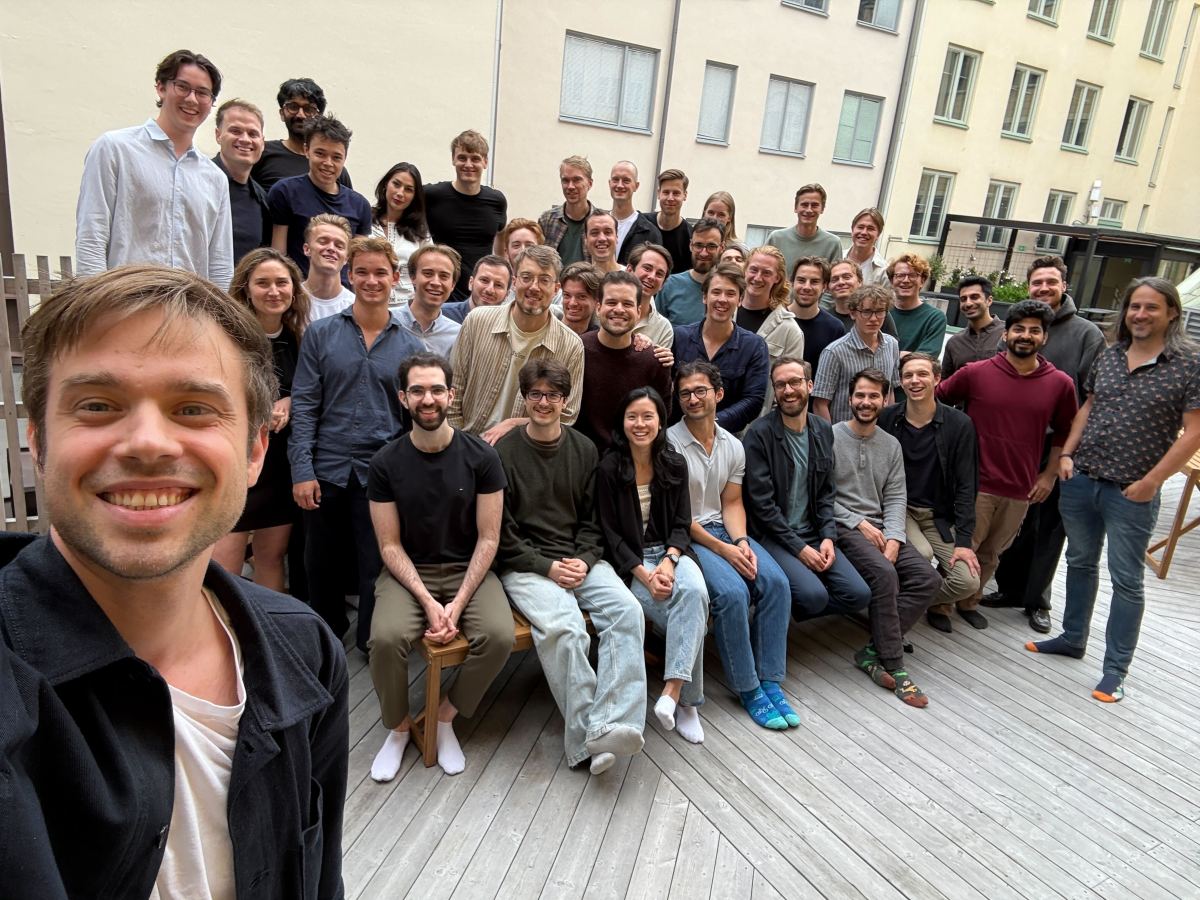Less than a week after it became Europe’s latest unicorn, Swedish vibe coding startup Lovable is now also a centaur — a company with more than $100 million in annual recurring revenue (ARR).
Lovable took only eight months since its launch to get here, thanks to the skyrocketing popularity of its AI-powered website and app builder. The startup claims it now has more than 2.3 million active users, and last reported 180,000 paying subscribers.
With only 45 full-time employees, and 14 open positions on its careers page, that makes for an impressive employee-to-revenue ratio.
Subscriptions seem to be driving the bulk of Lovable’s revenue, but the company isn’t prioritizing sales at all costs. Shortly after Lovable said it had reached ARR of $75 million in June, its CEO Anton Osika wrote on X that Lovable had “lost $1.5 million ARR in a single day” because it had moved all users on its Team tier to its less expensive Pro tier, which now also accommodates collaboration.
The Teams plan is now being replaced by a Business tier, which sits between the Pro and custom Enterprise offerings. The new plan offers business-focused features such as self-serve, Single Sign-On (SSO), templates, private projects that won’t be visible to the entire team, and the option to opt-out from having your data be used for training.
Lovable already has a slate of large customers like Klarna, Hubspot and Photoroom, but there are still notable barriers and concerns around vibe coding among enterprises — where the big money is. This new tier could help Lovable find intermediary use cases and drive more businesses to use its tools for more than prototyping, which is what the startup says most people use it for today.
This has been one focus for the company, and Osika recently said that businesses were driving significant revenue from projects built with Lovable.
Techcrunch event
San Francisco
|
October 27-29, 2025
The startup says more than 10 million projects have been created on Lovable to date.
The $100 million ARR club isn’t large, especially in Europe, but it is growing thanks to tailwinds from all things AI. In April, Nvidia-backed B2B AI video platform Synthesia, also surpassed that milestone — though it was founded in 2017, not late 2024.

